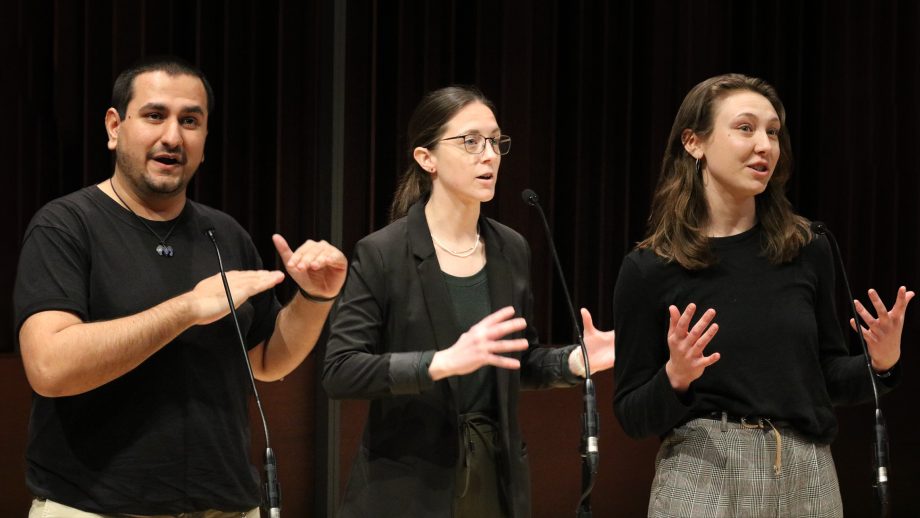WINNIPEG, MB – ‘Is there life beyond our planet earth?’ This question has engaged the imaginations of thinkers over the centuries and is the focus of a dedicated group of Canadian astrobiologists. A number of extraterrestrial targets, including Mars and the moons Europa, Enceladus, and Titan, have been identified by NASA as having the potential to host life or to provide valuable insight for researchers and scientists into the conditions that may have been present on Earth when life started. Canadian astrobiologists across Canada have come together to form the Canadian Astrobiology Network (CAN).
CAN is headquartered at the University of Western Ontario and was recently granted international affiliate status with the NASA Astrobiology Institute (NAI) – the first international affiliate of NAI. UWinnipeg professor Dr. Ed Cloutis, in the Department of Geography is working with CAN and through an NSERC CREATE program in astrobiology to address the question of life beyond our planet.
“We are tackling astrobiology from a number of perspectives” says Cloutis, “including building next-generation Mars rovers and instruments to search for evidence of life on Mars, testing them at Mars analogue sites in Manitoba and Quebec, and determining the limits of terrestrial life at these same sites. Our goal is to enable us to search for life on other planets using the best technologies and approaches. We are also using these programs and opportunities to train the next generation of astrobiologists at UWinnipeg and across Canada. Our students will have the chance to work at state-of-the-art labs around the world and visit some pretty exotic locations that are relevant to astrobiology”.
“Becoming the first international affiliate with the NASA Astrobiology Institute is an exciting development in Canadian astrobiology research”, UWinnipeg Vice President (Research and International Dr. Neil Besner. “The research which Dr. Cloutis and his colleagues at UWinnipeg and across Canada are doing is exciting and provides an excellent opportunity for our students to be involved in high-level, collaborative research.”
CAN builds on the Canadian Astrobiology Training Program – a six-year, $1.5 million program funded by the Natural Sciences and Engineering Research Council of Canada through the Collaborative Research and Training Experience Program. The goal of CAN is to foster collaboration and integration between Canadian scientists and NASA Astrobiology Institute (NAI) partner institutions in the United States and around the world.




